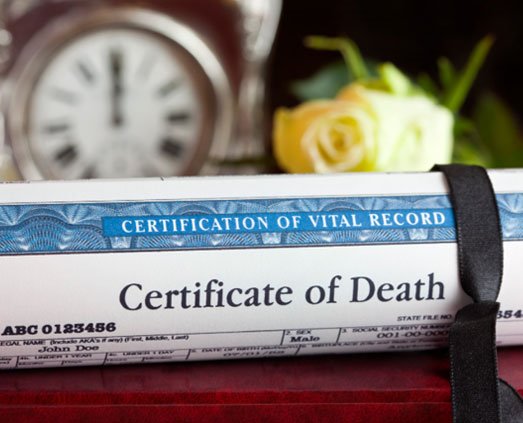Estate planning is about more than wills and inheritance. A binding financial agreement (BFA) can act as a planning [...]
Experienced Deceased Estate Lawyers in Brisbane
Make sure you get the best outcome possible, for you and your families’ future.
More than 100+ years of combined lawyer experience.
Complimentary 10-Minute Call with a Family Lawyer
By filling this in you are ok with us contacting you back by phone, sms or email, if you have a preference, please let us know.
Clients’ Reviews
When someone that you love dies, it can be an extremely emotional and difficult time. Not only are you going through the loss of a loved one but you also have to go through their belongings, and try and make sense of the complicated process involved in order to divide your loved ones belongings. That’s why deceased estate administration is a really good idea in order to take the burden off your family and in the hands of people that are experts in the will division process.
The Will Division Process
1. Death Certificate vs Cause of Death Certificate
When a person dies of unusual circumstances, the coroner may or may not decide to do an autopsy on the deceased person. To determine whether a coroner will perform an autopsy will depend upon their age, their health immediately prior to their death and the circumstances surrounding the person’s death.
If a person has been of ill -health or very elderly then an autopsy may not be required. In those circumstances the coroner will seek out the deceased person’s treating practitioner who can provide a report about the deceased’s health. This may be sufficient to provide a cause of death certificate. If it is considered not sufficient, an autopsy will be conducted and a Cause of death certificate will be prepared.

The Cause of death certificate is then sent off to Registry of Birth’s Deaths and Marriages and based upon that report a death certificate will be issued to the next of kin or executor.
The process of obtaining a death certificate can take as little as 2 weeks or as long as 8 weeks depending on work volumes. It is important to remember this when attempting to administer an estate as it will likely mean that the executor or next of kin will not have any access to estate funds until the death certificate has been received.
The death certificate is one of the most crucial documents that you need to administer an estate. Banks will require the death certificate to be provided as a minimum, so will insurance companies, Superannuation funds, normal service facilities like electricity, rates etc. You will not be able to do much without this document.
2. The Funeral
On occasions the Will may include certain requirements for the funeral such as where the service is to be held or the person buried etc. On other occasions there may be no provision for the funeral. In these circumstances the funeral is usually prepared by either the deceased person’s close family or friends, or alternatively the executor of the Will.
On many of the times, a death certificate will not have issued by the time that the funeral has occurred. In these circumstances either the executor, family will pay for the funeral out of their own pockets upfront and once funds have been released from the estate the executor or family member will be reimbursed. Alternatively, on some occasions the bank will pay the invoice directly to the funeral director, if the invoice is provided to the bank. Not all banks do this however it is important to know there is an option available.
3. The Will, Dividing Assets and Time Limits
The most important thing you need to remember is your time limits:
- A Will does not take effect until the beneficiaries have survived the deceased person by 30 days;
- While someone can commence the process for Probate (SEE PROBATE FOR MORE INFORMATION) as soon as practicable, any interested person to the Will (eg children) has 6 months to notify the executor that they intend to contest the Will (or bring a Family Provision Claim) so an executor could be liable if they divide the assets prior to 6 months;
- If someone provides notice within 6 months that they intend to contest the will then they have 9 months in order to file a Family Provision Claim.

Having regard to the above time limits, it is wise to not divide an estate until a period of 6 months minimum has passed or to be really safe, until 9 months has passed.
4. Probate
Once the death certificate is provided probate will need to be applied for in the Supreme Court.
See our Probate section for more information.
5. Dividing and Disbursing the Estate
Once Probate has been received and a period of 6 months from the date of death has lapsed (without notice of someone contesting the will) then the estate can be administered. In order to administer the estate the executor must call in or gather up all the funds available or sell (if necessary) all chattels and properties. Once all of the funds have been accumulated then the estate will be divided in accordance with the terms of the Will.
Administering an estate can be time consuming and lengthy depending on the assets involved. Given the complexity involved it is important that you have someone who is able to walk you through the legal mind field that is Estate Administration.
Awards
We treat every client with respect and always put your best interests first.
That is why we are award-winning lawyers.



















